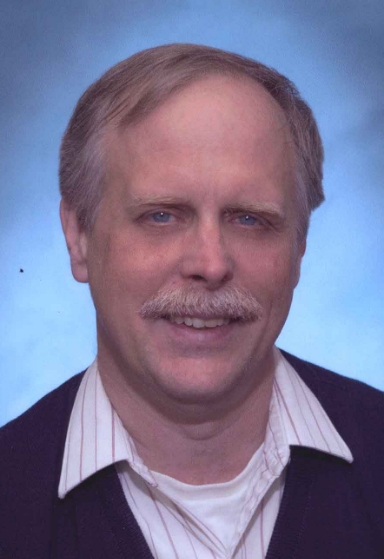Mike Matejka
WJBC Forum
This is Mike Matejka. The recent trial revelation of a racist remark by a Bloomington Police officer, shows again how volatile racial issues. Despite a 1960s Civil Rights movement and the election of a mixed race President, Americans still split over racial divides, often over economic and police issues.
As a person of European descent, I really cannot truly know the experience of my African-American, Latino, or Asian neighbors. Personally, I have been in Asia and Africa where I was the only white person on the street, but only once was I treated disrespectfully.
Many of my African-American and Latino friends talk about having to assume a public face daily, knowing that their actions and words will not only be perceived as theirs, but somehow will reflect positively or negatively on their ethnic groups.
My daughter uses an interesting term when she misses a cue or does not perceive something. She says she was “mind blind” to that situation. As a white person in America, I often wonder how mind blind I am to challenges and perceptions that others face. I assume certain responses from store clerks, job interviewers, or law enforcement, but would those responses be different if my skin color was? And do I have my own “mind blindness” toward racial or ethnic prejudices that are buried within me?
People who attend Alcoholics Anonymous start the meeting with self-disclosure. “Hi, my name is Mike and I am an alcoholic.” I sometimes wonder if I should start each day with a look in the mirror and say, “Hi, my name is Mike and I was raised in a racist society,” doing this not to feel guilty, but to remind myself that I need to be conscious of my society and its presumptions.
We all have our own perspectives and our own “mind-blindness” to others. Listening carefully to others is key, but also understanding past histories of discrimination and how those negative attitudes still linger is also important. Only in reaching out to others and reflecting on our own presumptions can we hope to bridge these divisions.






